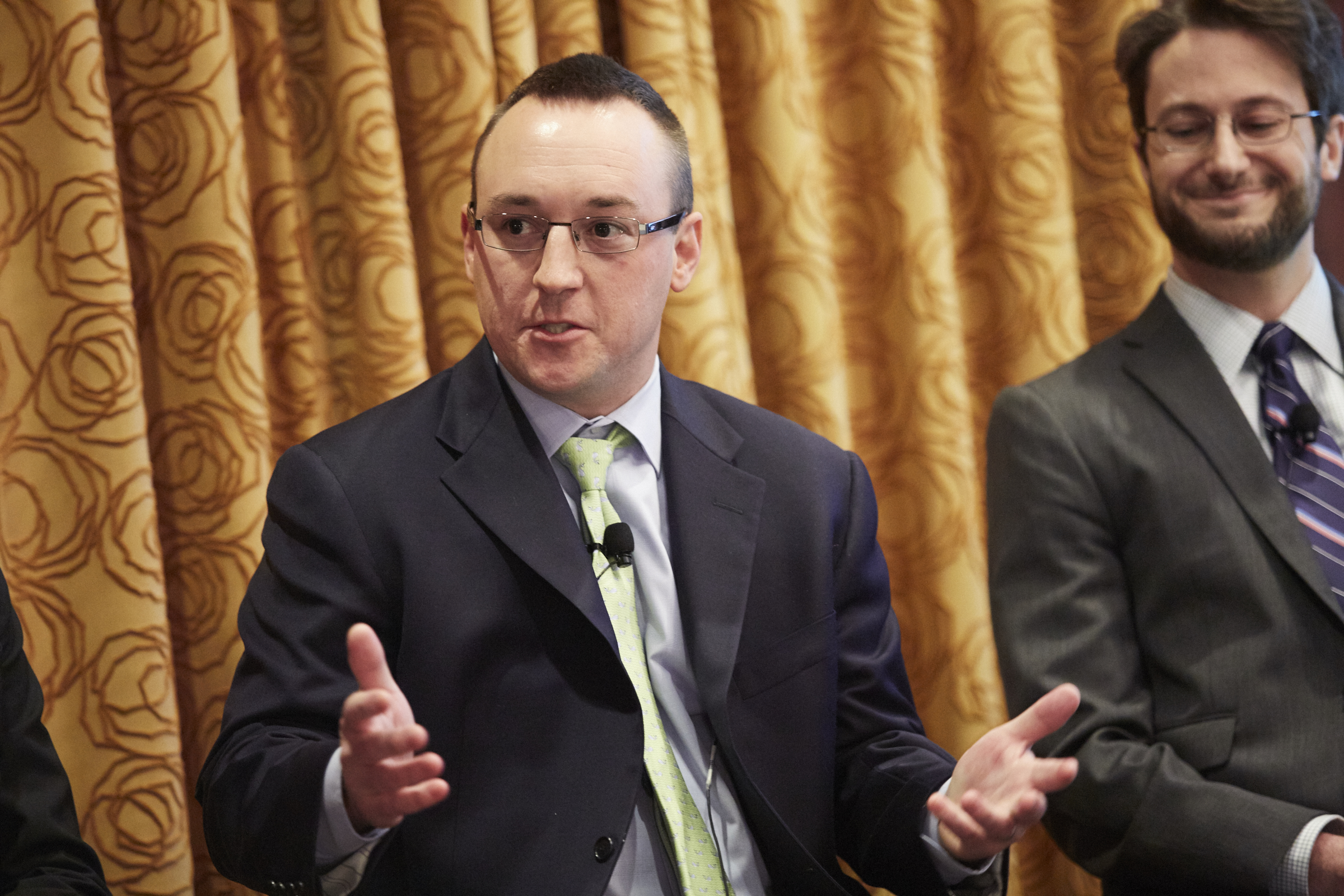A former director at the New York State Common Fund has been charged by the US Attorney’s Office and the FBI for participating in a pay-to-play scheme.
Navnoor Kang, who served as the director of fixed income and head of portfolio strategy from January 2014 to February 2016, “steered billions of dollars of business to broker-dealers who bribed him with luxury vacations, high-priced watches, drugs, cash, and more,” charged US Attorney Preet Bharara.
“Today, we allege a classic, quid-pro-quo bribery scheme at the New York State Common Retirement Fund, the third largest pension fund in the country,” said Bharara.“The hard-earned pension savings of New Yorkers should never serve as a vehicle for corrupt, personal enrichment.”
According to a Department of Justice release, Kang accepted gifts including lavish meals, prostitutes, nightclub bottle service, and strippers from Deborah Kelley, managing director at Seaport Global, and Gregg Schonhorn of FTN Financial. In exchange, Kang allegedly used his position to steer more than $2 billion in fixed-income business to Kelley and Schonhorn.
“Instead of upholding his fiduciary duty, Kang was allegedly paid in bribes for diverting business to two separate brokerage firms,” said FBI Assistant Director-in-Charge William Sweeney. “Members of the New York State Common Retirement Fund likely also relied on the belief that the man directing their investments was an honest public servant. Unfortunately, as alleged, that is not the case here today.”
Schonhorn has pled guilty and admitted to his participation in the scheme. Kang and Kelley await trial.
Related: NY Pension Scammer Heads to Prison for Pay-to-Play Scandal

